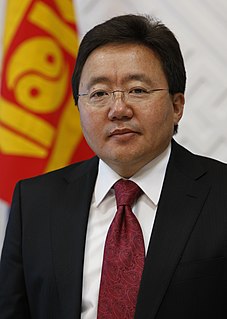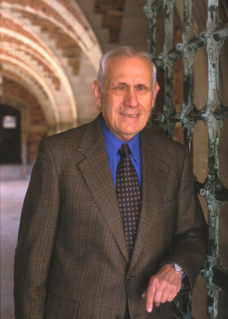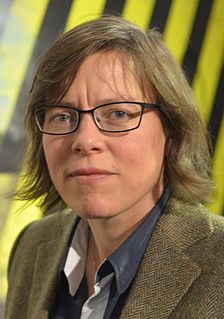A Quote by David Olusoga
My view as a historian is that the empire was an extractive, exploitative, racist and violent institution and that the history of empire is one we need to confront and come to terms with, rather than celebrate.
Related Quotes
I'm a historian by training and by conviction. And so the thing that has throughout informed my thinking about international relations is history. I think, for example, the reason that I was perhaps able to see sooner than some others that the Soviet Empire in Eastern Europe was decaying--if not disintegrating--was that I came to it through history and through Germany, rather than through Sovietology and through Moscow. And therefore the starting point was that no empire in history has lasted forever, and this one won't either.
American Empire- it is an empire that lacks the drive to export its capital, its people and its culture to those backward regions which need them most urgently and which, if they are neglected, will breed the greatest threats to its security. It is an empire, in short, that dare not speak its name. It is an empire in denial.
I think it's important to realise that what happens in Neo-Platonism beginning with Plotinus and Porphyry and then going on for the next several centuries, is a real kind of contest for the ideas and convictions of the intelligentsia of the later Roman Empire. So that you have Christians slowly converting more and more powerful people until of course actually Constantine and then other emperors after him, become Christian, and the empire becomes a Christian empire rather than Pagan empire.




































